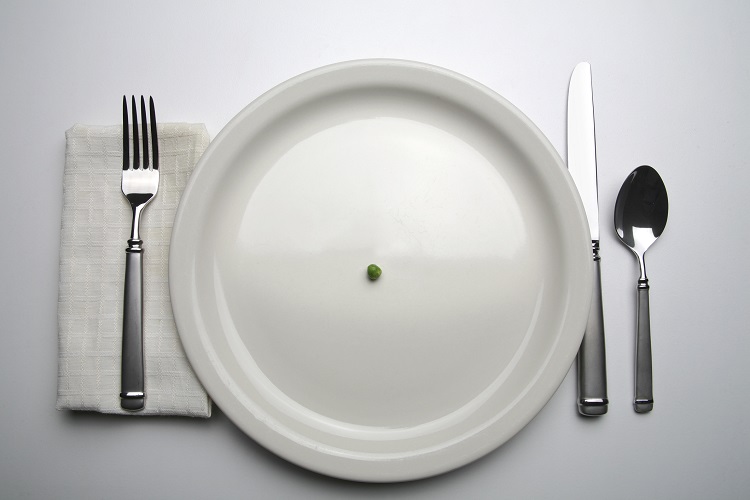
As drastic as it may sound, the government may be forced to ration certain foods. The increasing world population and the impact of climate change on food security are increasing pressure on resources.
James Pomeroy is a global economist at HSBC. He says that based on the assumptions made, the world's population will increase by 800 million people over the next 20 years. Demand for food is expected to increase.
The very real threat of food insecurity is forcing governments to explore all possible options. One of them is food rationing. While this is a practice that Europeans experienced during World War II, it could become permanent for future generations. At least for some food products, such as those considered harmful to the environment.
The idea does not meet with opposition from consumers. According to a study by the Climate Change Leadership Group at Uppsala University in Sweden, 40% of people would support rationing products with a high environmental impact. This level of acceptance is similar to that of taxation.
Climate change and rationing are both dramatic.
Oskar Linggren, the study's lead researcher, is a PhD student at Uppsala University in the Department of Earth Sciences. He explains that "rationing may seem dramatic, but so does climate change." This may explain the high level of support.
The United Nations has stated that current global food production is sufficient to feed all of humanity, but hunger rates continue to rise in some parts of the globe. Some people are literally starving to death while others are overeating. This problem could be solved through rationing.
Lindgren argues that rationing can have the advantage of being perceived as fair if it is not income-based. Policies that are perceived as fair tend to be more accepted.
Before starting the study, the team looked at policies that have been put in place to reduce consumption of foods with high climate impacts, such as meat. The researchers found that public acceptance of certain policies is strongly influenced by whether they are perceived as fair or unfair. Research in this area has focused primarily on economic instruments such as carbon taxes, and the concept of “rationing” is relatively new… at least to this generation.
In the study of 8,654 participants from Brazil, India, Germany, South Africa and the United States, consumers' acceptance of rationing of so-called emissions-intensive foods, such as meat, was compared with acceptance of taxes on these same products. There was a surprising lack of difference between the two results.
There is little difference between taxation and rationing in terms of acceptability.
Mikael Karsson is one of the researchers who conducted the study. He is a lecturer at Uppsala University and a researcher on the project. We expected that rationing would be perceived as more negative because it directly limits consumption.
However, the study shows that there is a wide range of acceptability across nations. While opinion on rationing in India (46 %), South Africa (49 %) is very high, it is much lower in Germany (29 %) and the United States (29 %), Brazil falls somewhere in between, at 40 %. Not surprisingly, all countries scored well among those concerned about climate change and also among younger and more educated people.
Note that while 8,654 people may seem like a lot, it represents only a small portion of all people in the five countries studied. Therefore, the results are not necessarily representative of the entire population. Further research is needed.
Lindgren says more research is needed to understand attitudes toward rationing and how such policies can be designed. Many parts of the world ration water, and people seem willing to do so as long as other people also limit their consumption. Lindgren says these are "encouraging results."

Is rationing a global issue?
This is a hypothetical study, like all other studies that aim to gauge public opinion. It remains to be seen whether consumers would react in the same way if it were to become a reality.
For rationing to be effective and to have an impact on both global health and food equity, all major economies would have to agree. Even at the hypothetical level, the fact that Germany and the United States have had low acceptance rates for the proposed food rationing does not bode well for the future. There may come a time when people will no longer have a choice and will be forced to limit their resources.
A growing population means more mouths to feed.
Source: Public acceptance of climate-driven rationing
Publication date: September 26, 2024
DOI: 10.1057/s41599-024-03823-7
Authors: Oskar Lindgren, Erik Elwing, Mikael Karlsson, Sverker C Jagers
